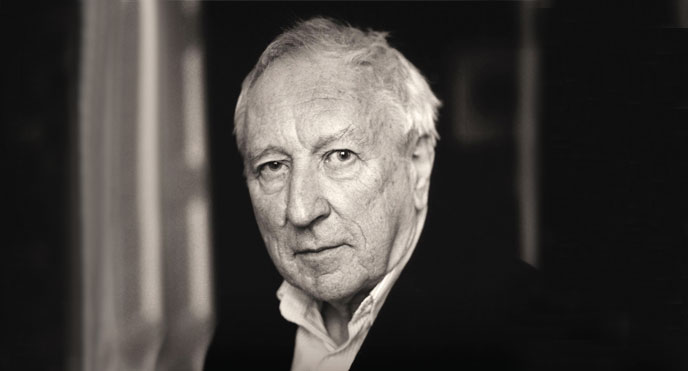Tomas Tranströmer
Tomas Tranströmer, who passed away on March 26th at age eighty-three, remains mostly unknown in America even though he won the Nobel Prize for Literature in 2011 and English translations of his poems are both accessible and accurate. This translation from The Deleted World, by Robin Robertson, captures the spirit of the silent, snowy wilderness in just a few short lines.
—Jill McLaughlin
From March 1979
Sick of those who come with words, words but no language,
I make my way to the snow-covered island.
Wilderness has no words. The unwritten pages
stretch out in all directions.
I come across this line of deer-slots in the snow: a language,
language without words.
Tomas Tranströmer (1933–2015) received the Nobel Prize in Literature in 2011. His books of poetry, which have been translated into sixty languages, include The Deleted World and The Half-Finished Heaven, and he received numerous international honors during his lifetime. Tranströmer, a trained Swedish psychologist, worked for years in state institutions with juveniles and the disabled, and his work was often praised for the inventive ways in which it examined the mind. When he was awarded the Nobel Prize, the Swedish Academy stated that “through his condensed, translucent images, he gave us fresh access to reality.”
Robin Robertson is from the northeast coast of Scotland. He has published five collections of poetry—most recently Hill of Doors&mash;and has received numerous of accolades, including the Petrarca Prize, the E. M. Forster Award from the American Academy of Arts and Letters, and all three Forward Prizes. In 2006 he published The Deleted World, a selection of English versions of poems by Tomas Tranströmer, and has since translated two plays of Euripides’, Medea and The Bacchae.
Jill McLaughlin is a publicity assistant at FSG.
Read all of our Poetry Month coverage here

